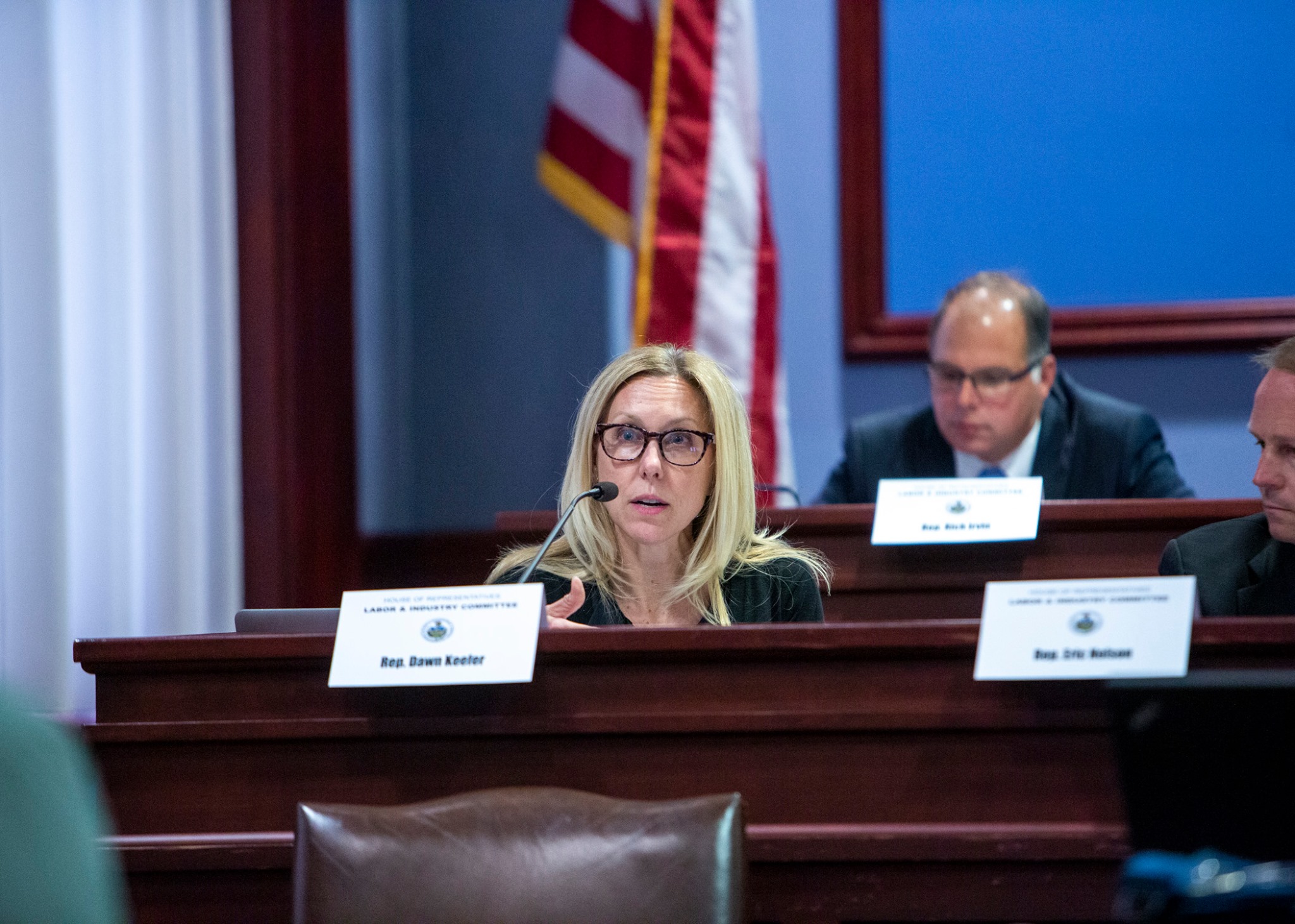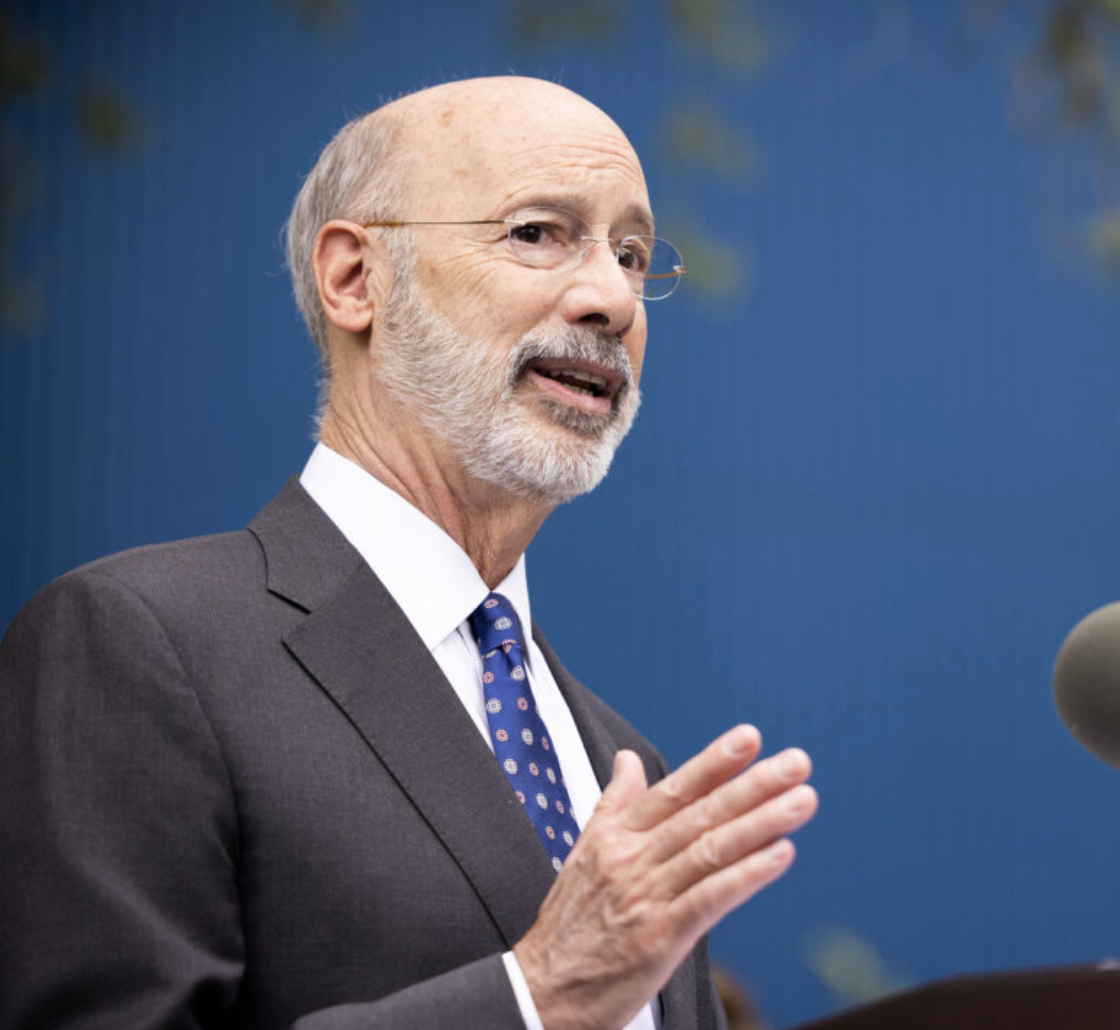PA Lawmakers Ask Court to Expedite ‘Bidenbucks’ Election Suit

With early voting beginning in September, lawyers for 27 Pennsylvania legislators are asking the U.S. Supreme Court for an expedited appeal of a federal court’s decision to throw out an ongoing election case.
The “Bidenbucks” case, brought by lead plaintiff Rep. Dawn Keefer (R-York) and other members of the Pennsylvania Freedom Caucus, claims President Joe Biden’s executive order requiring government agencies to get involved in registering voters is unconstitutional.
The legislators also contend Gov. Josh Shapiro’s executive order changing the state’s motor voter law that automatically registers people to vote unless they opt out — as opposed to allowing would-be voters to opt in, the practice before Shapiro’s order — is unconstitutional.
In March, U.S. District Court Judge Jennifer Wilson ruled the legislators did not have “standing” to bring the case.
Stewart Whitson, legal director of the Foundation for Government Accountability, called this Pennsylvania case “the most important election integrity case in the country.”
In an interview with DVJournal, lawyer Erick Kaardal with Mohrman, Kaardal and Erickson, who represents the Republican legislators, said they “have a duty to regulate the time, place and manner of elections. And the president has usurped the lawmaking authority of the Pennsylvania state legislators.”
At issue is Biden’s order requiring all federal agencies to develop a plan to increase voter registration and increase voter participation or get-out-the-vote efforts.
Acting on Biden’s order, the U.S. Department of Health and Human Services announced federal health centers nationwide, including Pennsylvania, get involved in voter registration activities. The Department of Education’s “Dear Colleague” letter to universities, including those located in Pennsylvania, directing them to use Federal Work Study funds “to support voter registration activities,” whether they occur “on or off-campus.”
U.S. Department of Housing and Urban Development likewise instructed more than 3,000 public housing authorities, which manage approximately 1.2 million public housing units across the country, including Pennsylvania, to run voter registration drives in those units, the suit said.
The suit said other agencies, such as the Department of Agriculture and the General Services Administration, began similar initiatives. The GSA, which administers federally owned buildings, including those located in Pennsylvania, is now available for voter registration drives by third-party organizations.
Kaardal said the time, place, and manner of elections are the responsibility of the state legislatures, with the governor vetoing or signing bills or Congress passing legislation. He said the president is not empowered to make changes to election law through executive actions.
“Back when the constitution was framed and ratified, remember we’re not talking about the Bill of Rights here. We’re talking about the Article One of the constitution, the elections clause. The elections clause was written so presidents could not use federal agencies to help a president get reelected.
“President Biden is saying, ‘I can use the agencies to register voters,’ and we’re saying, ‘That’s not what the constitution says,’” said Kaardal. “For the country, it’s really important that the Supreme Court takes [the case] and decides the standing issue so we can get on with the injunction against the executive order because it’s just a brazen violation of the elections clause.
“It’s President Biden usurping the lawmaking authority of both the state legislatures and Congress,” said Kaardal. And that executive order is “very focused on certain demographic groups. We don’t want federal agencies weaponized to do voter registration drives and get out the vote on particular demographic groups.”
That’s a violation of the equal protection clause, he said.
In his petition to the Supreme Court, Kaardal said that after the 2020 election, where “more than $400 million of Zuckerberg-Chan Foundation donations that were selectively distributed to by partisan third party, non-governmental organizations,” the Pennsylvania legislature wrote a law to prevent this.
Pennsylvania received more than $20 million of the “Zuckerbucks” ahead of the 2020 election, with Delaware County garnering $2.2 million.
Kaardal believes the high court will rule on his petition next week.
Please follow DVJournal on social media: Twitter@DVJournal or Facebook.com/DelawareValleyJournal





